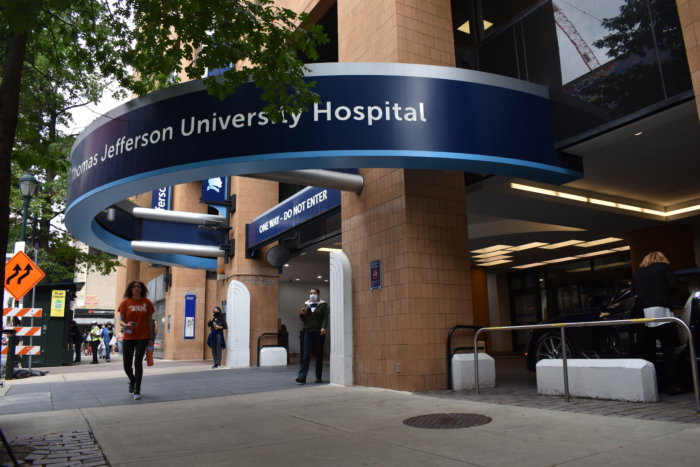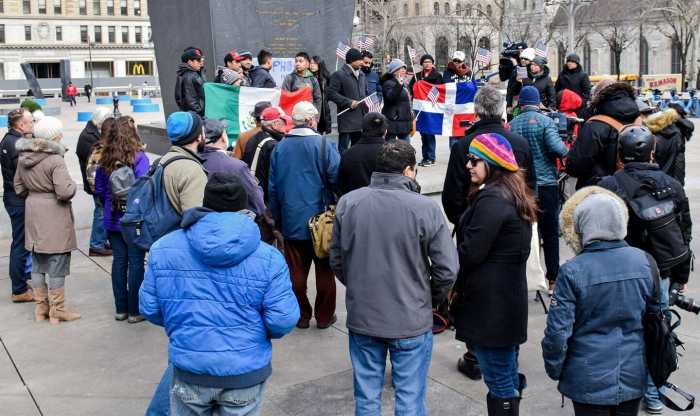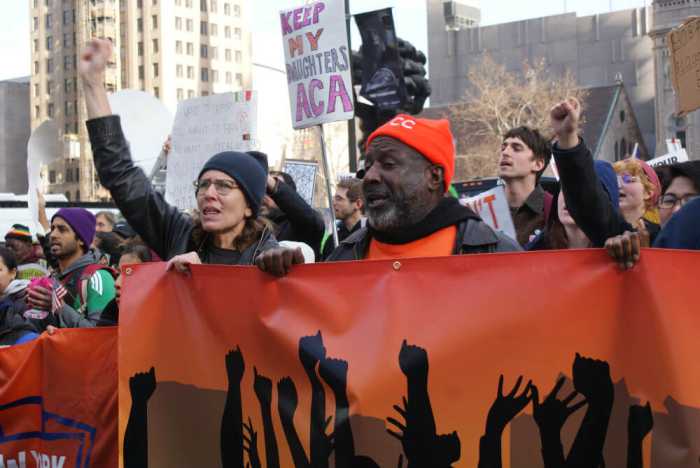A measure aimed at preventing ‘medical deportations’ in Philadelphia, believed to be the first legislation of its kind in the country, advanced Tuesday through a City Council committee, getting one step closer to final passage.
The practice, also known as medical repatriation and international patient dumping, occurs when a hospital arranges for a private ambulance plane to transport an undocumented immigrant who requires long-term care to their country of origin for further treatment.
Hospitals repatriate patients lacking insurance coverage to save money, and academics, medical professionals, advocates and others who testified at a hearing Tuesday said those affected and their families often do not get the opportunity to give informed consent.
International travel can be difficult for patients, many of whom are actively suffering from traumatic injuries or illness, and they may not be able to access the same level of health care in their home counties, lawyers and advocates said.
“I don’t believe this is an immigration issue,” City Council at-large member Jim Harrity said. “I believe this is a human rights issue.”
The prevalence of medical deportation is unclear, with little data available, experts said at the hearing. A 2012 study documented more than 800 instances of attempted or successful involuntary repatriations.
In 2020, Claudia Martinez’s uncle, an undocumented man born in Guatemala whose name has withheld, was severely injured when he was struck by a motorcyclist while walking on Roosevelt Boulevard.
Jefferson Torresdale Hospital attempted to medically repatriate him, and a medical transport company employee threatened her, Martinez recalled at Tuesday’s meeting. The hospital backed off the plan following intervention from City Council members.
“This experience is very difficult, and no one should feel the way they made me and my family feel when our family member was near death,” Martinez said through a Spanish interpreter. She said the condition of uncle, a 20-year Philadelphia resident, has improved.

Harrity introduced legislation in September designed to tackle the issue. It prohibits medical centers from deporting patients without their consent and requires hospitals obtain written permission from patients after providing them with information about their rights.
All conversations and documents regarding possible repatriation must be interpreted in the patient’s preferred language, the proposal states.
A mechanism in the bill requires hospitals to file information with the city’s Department of Public Health prior to repatriation and submit annual reports. Many medical deportation cases go unreported, according to a 2021 study completed by University of Pennsylvania researchers and the Free Migration Project.
“In my experience, I have found that medical deportation, like many other practices that are nefarious, operate in the shadows and outside of public view,” Penn law professor Louis Rulli told lawmakers during the hearing.
Health department officials would be empowered to respond to complaints and investigate hospitals, levying fines and other penalties against violating institutions. Patients and their relatives, under the proposal, would have the right to file a lawsuit.
“Currently, the only option for victims is to really try to shoehorn their complaints under something like tort law, and make a claim for false imprisonment,” Temple University law professor Jennifer Lee said.
Hospital staff would be required to research whether the patient qualifies for any medical assistance programs, unless they or their families support repatriation.
In addition, the legislation mandates that medical centers ensure that a hospital in the person’s home country has the available space and capability to treat the patient.
Harrity’s bill does not appear to conflict with federal or state law, Lee said, and professor Medha D. Makhlouf, of Pennsylvania State University’s Dickinson Law School, told City Council that it could serve “as a model worthy of replication” in other cities.
The proposal will now be considered by the full Council, and a final vote could be held as soon as early next month.






























